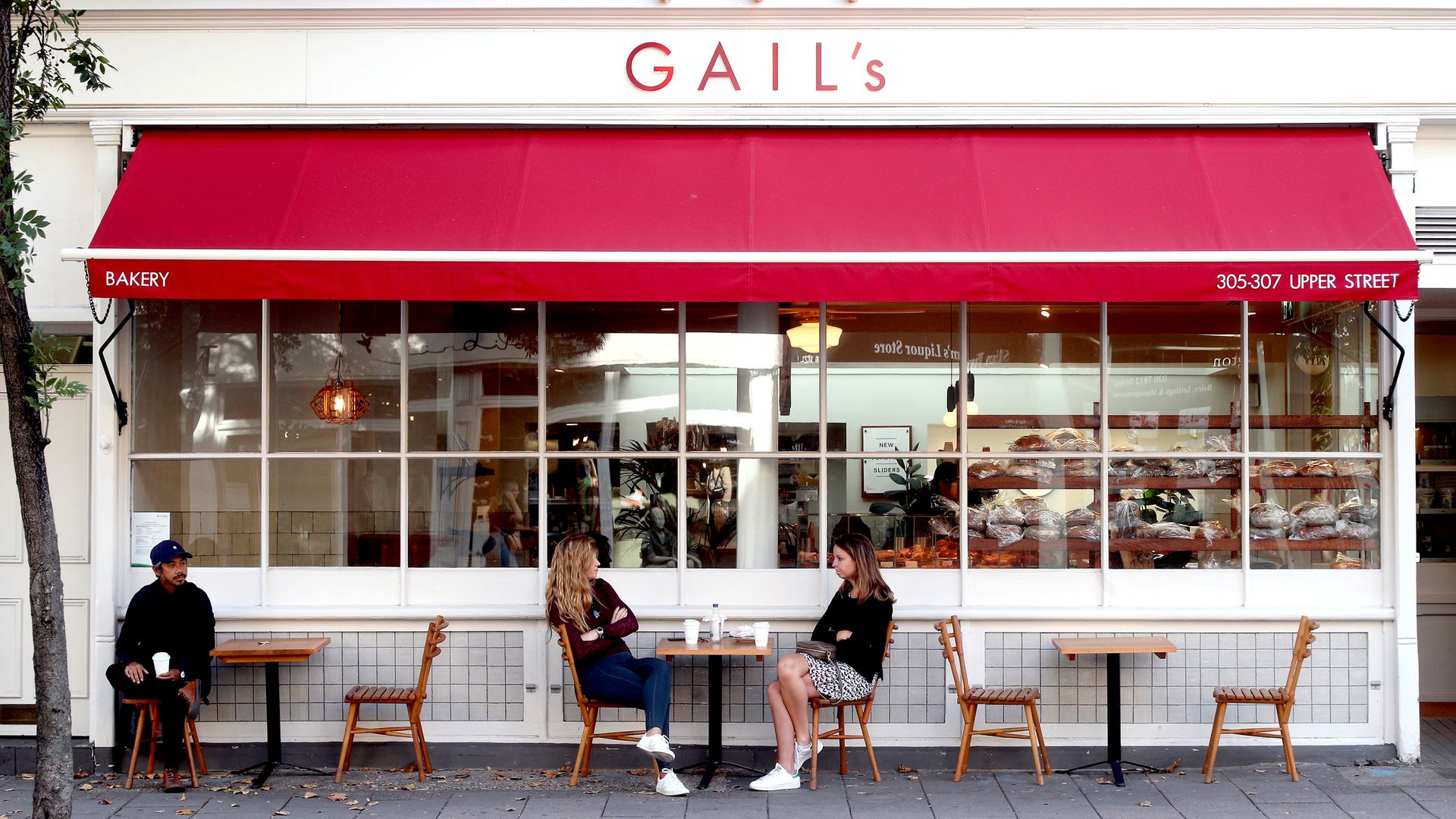
PETER TRUDGILL on knowing your Baker from your Butcher.
The origins of many occupational surnames are really rather obvious. If your family name is Shepherd, this is because one of your male ancestors herded sheep. If his given name was John, this term describing his occupation would have been used as a byname – a subsidiary name or nickname – to distinguish John Shepherd from other men in the neighbourhood also called John.
Crucially, this original ancestor of yours would have lived about 600 years ago, because this is when the custom gradually developed of bynames being passed down from one generation to another, thus becoming fixed as family names or surnames.
Once this had happened, the children of someone called Shepherd would also be called Shepherd, regardless of whether or not they actually herded sheep themselves.
This would be equally true of other occupational names such as Arrowsmith, Cook, Coward (‘cowherd’), Cartwright, Chapman (‘trader’), Clerk and Ironmonger – you could no longer take it for granted that someone called Arrowsmith actually made arrows.
The same transparency of origin applies to the many occupational surnames we have which end in -er, such as Baker, Butcher, Carpenter, Carter, Hunter and Miller. The English suffix -er descended from ancient West Germanic -ari, which was used of a man who had a connection with some particular kind of activity, and so could be used to designate occupations. Suffixes similar to English -er still occur with the same function in the other Germanic languages.‘Baker’ is Bäcker in German, bakker in Dutch and West Frisian, bager in Danish, bakar in Norwegian, and bakari in Faroese and Icelandic.
With some of these English -er names, we may need a little reminding today that they did once signify occupations. We do not very often encounter a Dyer, Glover, Harper, Piper, Sadler, Salter or Spicer in the course of our everyday lives these days, but they were once of course the descriptive names for practitioners of important professions. Even more obscure in modern times are names like Fuller ‘someone who fulls, i.e. beats cloth in order to thicken it’, and Skipper ‘a maker of skips (baskets)’.
The origins of other such names may now be less than obvious because of their somewhat unexpected linguistic forms, such as Bowyer ‘a bowmaker, supplier of bows’; Sumner ‘a summoner, man responsible for ensuring people attended court’; Spencer ‘a dispenser, person in a household who dispensed money or provisions’; and Sawyer ‘a man who sawed wood for a living’.
Other instances of surname opacity have been caused by social changes or linguistic changes. Younger people today may not know that a Draper is a dealer in cloth and fabrics – there are not so many drapers shops arounds in our towns and cities as there used to be. And, like a number of other -er surnames, Draper originates in an Old French word, in this case drap, ‘sheet, fabric’. If the original occupational term is no longer in active use, names of this type will not be transparent in cases where the meaning of the Mediaeval French form has been forgotten, like Mercer, which came from the Anglo-Norman mercer, ‘dealer in fine textiles’; Chandler, which originated in the French word for chandelle, ‘candle’; and Parmenter, originated in the French parmentier, ‘tailor’.
Everyone today knows the meaning of the name Butcher – which came into English in the 14th century from French boucher, replacing the older English word flesher – because we still have butchers in our contemporary world. But this is no longer true of Fletcher: most of us have never encountered anyone who does this work. Fletcher actually meant exactly the same thing as Arrowsmith, but it comes from the French word flèche, ‘arrow’. Another similar French-English pair is provided by the occupational name Ganter, which means exactly the same thing as Glover but comes from French gant, ‘glove’. And English-origin Wright has an originally French synonym in Carpenter.










